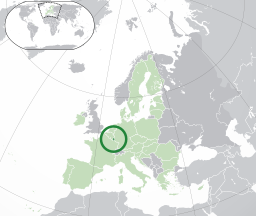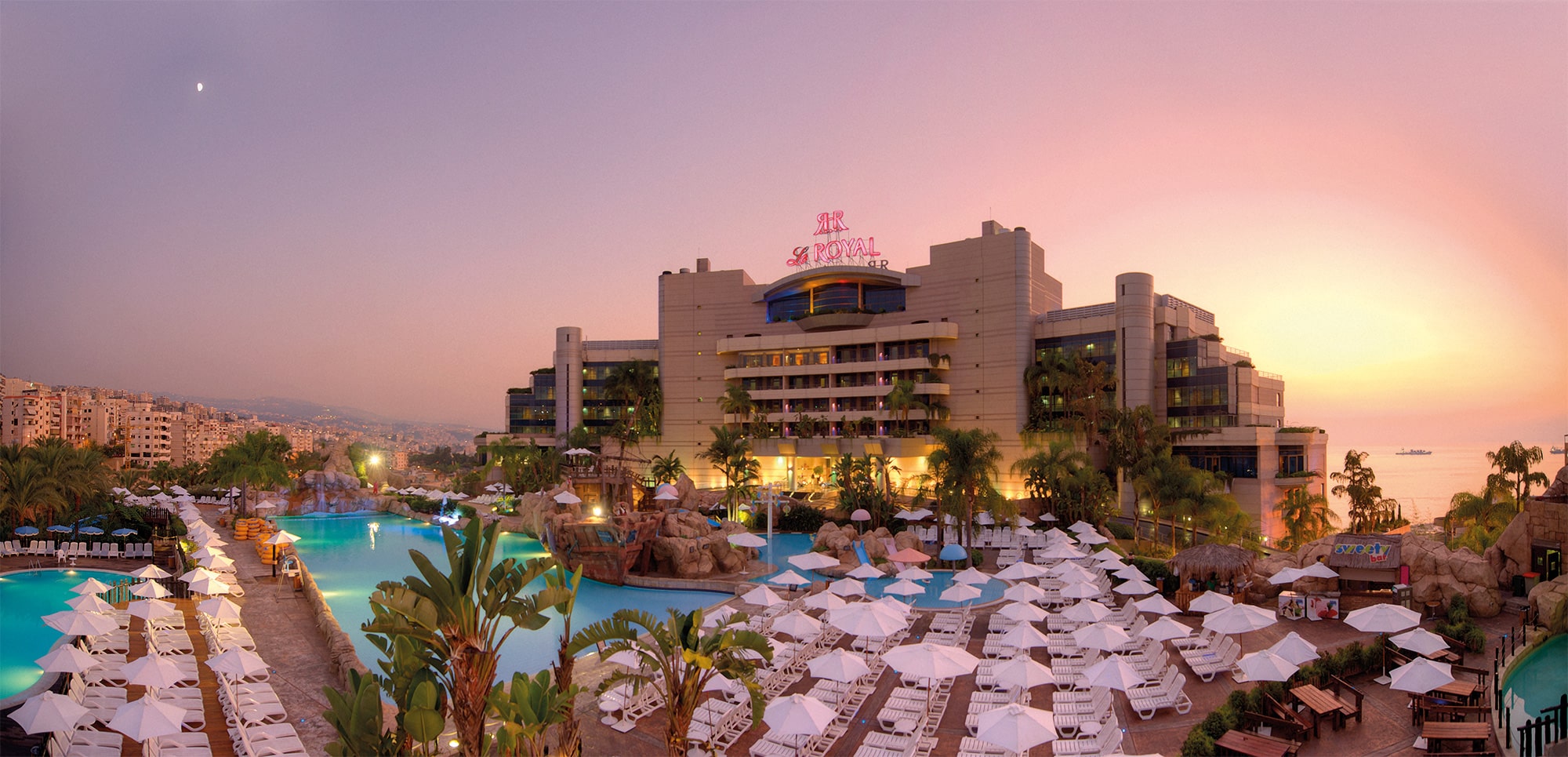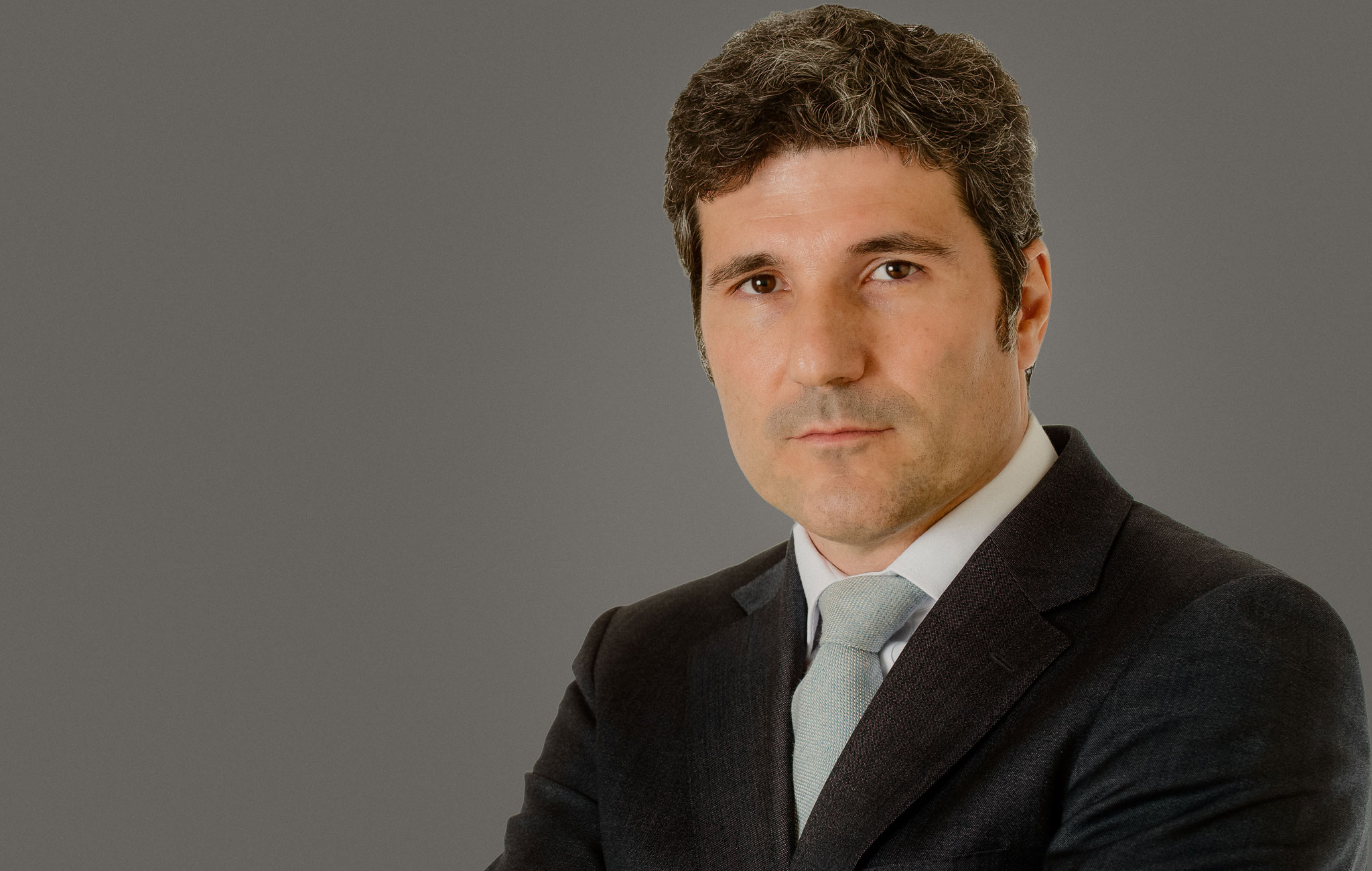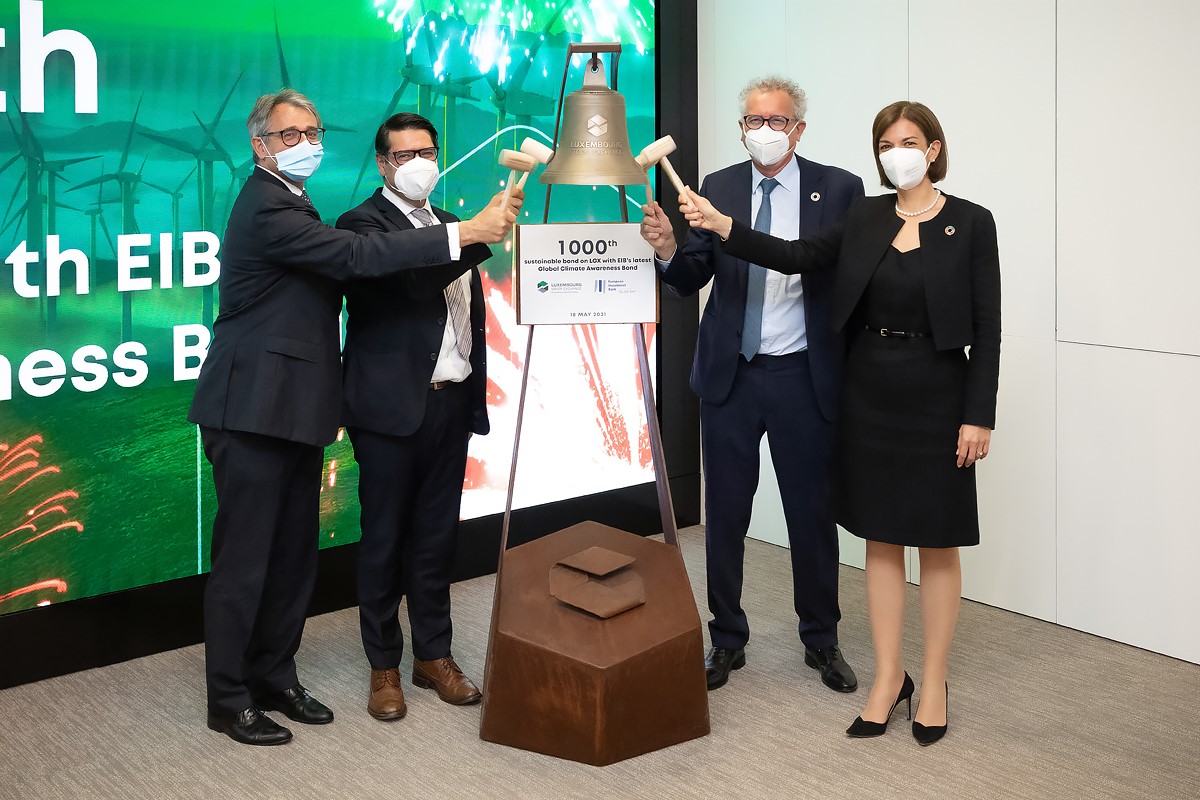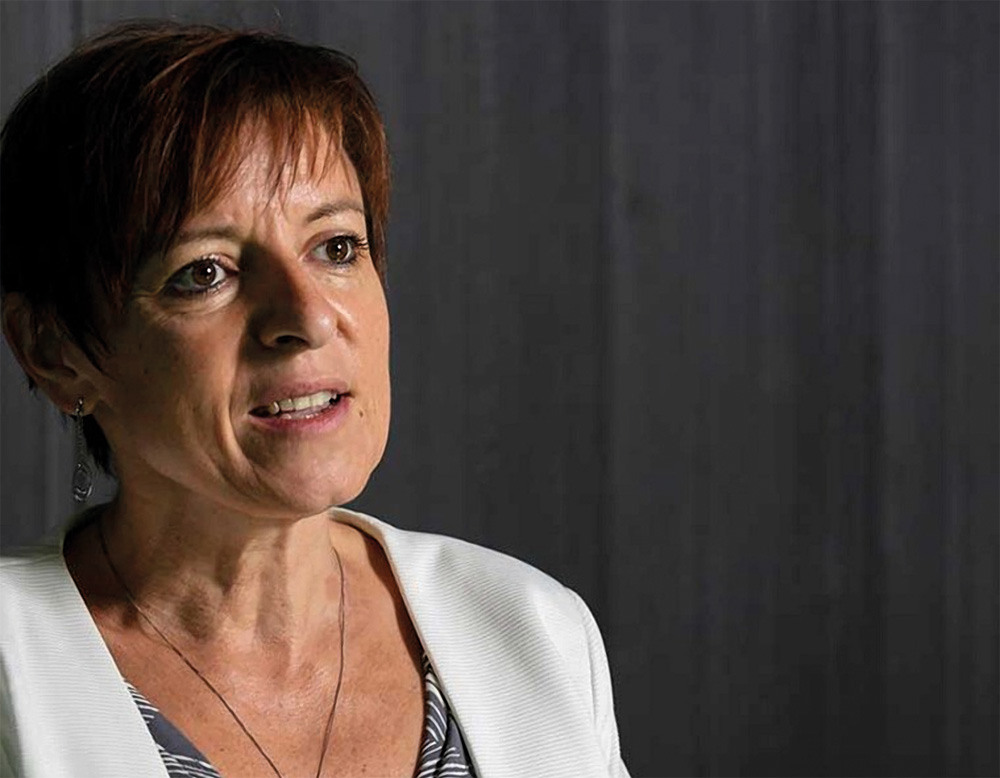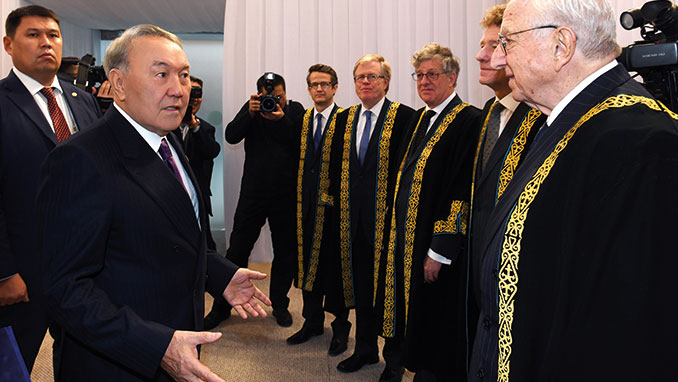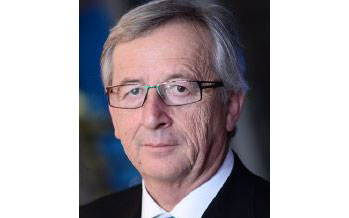[vc_row][vc_column width=”1/2″][vc_column_text]
Luxembourg
The light green area is the rest of the European Union
Luxembourg was the 70th largest economy in the world by nominal GDP in 2018. It has the highest GDP per capita in the world at $114,340 USD. It is a small country located between Belgium, France, and Germany. It has long specialised in financial services but has a diverse economy with a ranking of 34th in the Economic Complexity Index (2017). It is a very open economy with trade at 415 percent of GDP in 2018. It is a member of the EU, OECD, and the Benelux union with Belgium and the Netherlands. Services was the largest economic sector in 2018 (79 percent of GDP), followed by manufacturing (4.9 percent), and agriculture (0.28 percent). In 2017, the largest export sector was services (86 percent). The largest individual exports were insurance and finance (53 percent) and ICT services (25 percent). Its largest export partners were Germany (22 percent), Belgium (17 percent), France (11 percent), and the Netherlands (6 percent). The largest goods imports were cars (9.15 percent), and refined petroleum (6 percent). Luxembourg became independent from the Netherlands in 1839 following the independence of Belgium from the Netherlands. From the mid-1800s, a steel industry developed, taking advantage of iron ore deposits in the country. Immigration was also key as was capital from Germany, Belgium, and France. After World War Two, the economy grew strongly right up until the 1970's oil shocks with steel the main driver. Diversification began in the 1950s and became more important in the 1960s and 1970s when worldwide steel production increased. In a second wave of industrialisation, automotive, chemical, and electricity industries emerged. At this time, Luxembourg also began to develop the service sector with financial services emerging as the main engine of the economy by the 1980s as the steel industry was restructured. In recent years, Luxembourg and other low tax jurisdictions in Europe have come under pressure from the EU and OECD, and as a result Luxembourg has increased transparency. Luxembourg is currently focussing on innovation, with its space industry a prime example. Luxembourg has been at the heart of European integration. It formed an economic union with Belgium in 1921. The Netherlands joined the customs union in 1948 (Benelux). It was a founding member of the European Coal and Steel Community in 1952 and the European Economic Community in 1957.
[/vc_column_text][vc_column_text] Its population in 2018 was 590,321 [1]
Its population in 2018 was 590,321 [1]
 In 2015, 9.03% of its total energy
In 2015, 9.03% of its total energy
consumption was renewable [2]
 In 2021, its GDP grew by 6.89% [2]
In 2021, its GDP grew by 6.89% [2]
 In 2021 it had a positive Current
In 2021 it had a positive Current
Account Balance of US$bn 2.40 [3]
 Its unemployment rate in 2021 was 5.72% [3]
Its unemployment rate in 2021 was 5.72% [3]
 Its Expenditure on R&D (as a percentage of
Its Expenditure on R&D (as a percentage of
GDP) in 2020 was 1.13% [2]
What free trade areas or economic unions is it a member of?
Member of the European Union (EU) since 25/03/1957
Other members:
Austria, Belgium, Bulgaria, Croatia, Cyprus, Czechia, Denmark, Estonia, Finland, France, Germany, Greece, Hungary, Ireland, Italy, Latvia, Lithuania, Malta, Netherlands, Poland, Portugal, Romania, Slovakia, Slovenia, Spain, Sweden
What trade deals are there between European Union and other countries and economic unions?
EU - Andorra Customs Union (from 01/01/1991)
European Single Market (SM) (from 01/01/1993)
EU - Sri-Lanka Co-operation and Partnership Agreement (from 01/04/1995)
EU - Türkiye Customs Union (from 31/12/1995)
EU - Faroe Islands Agreement (from 01/01/1997)
EU - Palestinian Authority Interim Association Agreement (from 01/07/1997)
EU - Tunisia Association Agreement (from 01/03/1998)
EU - Armenia Partnership and Cooperation Agreement (from 09/09/1999)
EU - Morocco Association Agreement (from 01/03/2000)
EU - Israel Association Agreement (from 01/06/2000)
EU - Mexico Global Agreement (from 01/10/2000)
EU - San Marino Customs Union (from 01/04/2002)
EU - Jordan Association Agreement (from 01/05/2002)
EU - North Macedonia Stabilisation and Association Agreement (from 01/04/2004)
EU - Pakistan Co-operation agreement (from 29/04/2004)
EU - Egypt Association Agreement (from 01/06/2004)
EU - Chile Association Agreement and Additional Protocol (from 01/03/2005)
EU - Algeria Association Agreement (from 01/09/2005)
EU - Lebanon Association Agreement (from 01/04/2006)
EU - Albania Stabilisation and Association Agreement (from 01/04/2009)
EU - Pacific States Interim EPA (from 20/12/2009)
EU - Montenegro Stabilisation and Association Agreement (from 01/05/2010)
EU - Central America Association Agreement (from 01/08/2013)
EU - Serbia Stabilisation and Association Agreement (from 01/09/2013)
EU - Bosnia and Herzegovina Stabilisation and Association Agreement (from 01/06/2015)
EU - South Korea Free Trade Agreement (from 01/07/2015)
EU - Kosovo Stabilisation and Association Agreement (from 01/04/2016)
EU - Georgia Association Agreement (from 01/07/2016)
EU - Moldova Association Agreement (from 01/07/2016)
EU - Canada Comprehensive Economic and Trade Agreement (CETA) (from 21/09/2017)
EU - Eswatini (SADC) Economic Partnership Agreement (from 05/02/2018)
EU - Lesotho (SADC) Economic Partnership Agreement (from 05/02/2018)
EU - Mozambique (SADC) Economic Partnership Agreement (from 05/02/2018)
EU - Namibia (SADC) Economic Partnership Agreement (from 05/02/2018)
EU - South Africa Economic Partnership Agreement (from 05/02/2018)
EU - Botswana (SADC) Economic Partnership Agreement (from 05/02/2018)
EU - Japan Economic Partnership Agreement (from 01/02/2019)
EU - Eastern and Southern Africa States free trade agreement (from 07/02/2019)
UK - EU Trade Deal (from 01/01/2021)
[/vc_column_text][vc_column_text]What trade deals are there with other countries and economic unions?
None
[/vc_column_text][/vc_column][vc_column width=”1/2″][vc_column_text]General Mediterranean Holding: More Titles and Honours Than Your Average Captain of Industry
GNB GA – Change, Challenge, and Reward: Portuguese Firm takes Teamwork to a Whole New Level
Deloitte: Changes on the Horizon for Europe’s Alternative Investment Fund Market
LGX Hits 1,000 Sustainable Bonds Mark
Hydropower and its Prospects
Victor Buck Services – 20 Years of Experience in Outsourcing Services: A Strong and Flexible Global Partner for the Financial, Healthcare, Insurance and Telco Industries
Financial Centres Promote Economic Development: AIFC Goes for Growth by Backing SMEs Globally
Jean-Claude Juncker: Holding the EU’s Ground
Jean-Claude Juncker
CFI.co Meets the Founder and CEO of Optimum Asset Management: Alberto Matta
Trade with the United Kingdom
Source: UK Office for National Statistics, October 2022.
Contains public sector information licensed under the Open Government Licence v3.0.













































































